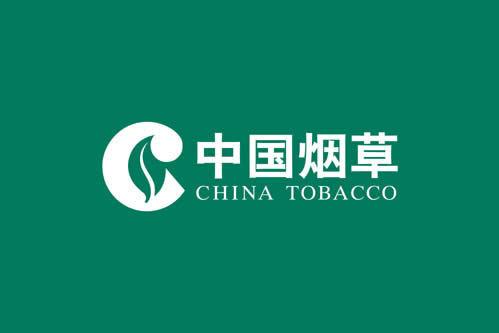E-cigarettes have gained immense popularity in recent years, and China has become one of the largest manufacturers and consumers of e-cigarettes. With such a rapid increase in demand, the Chinese government has implemented strict laws and regulations to ensure the safety and well-being of its citizens. This article aims to provide a comprehensive overview of China’s e-cigarette laws, including their history, current regulations, and the potential impact on the industry.

Introduction
As the world’s largest producer and consumer of tobacco products, China has faced significant challenges in controlling tobacco-related harm. In 2019, the Chinese government banned the sale of e-cigarettes to minors, but in 2021, it implemented stricter regulations, including a ban on online sales and advertising. These laws have been designed to protect public health and reduce the prevalence of e-cigarette use among young people.
A Brief History of China’s E-Cigarette Laws
Before 2019, e-cigarettes were not regulated in China, which led to their rampant production and consumption. However, in November 2019, the National Health Commission of China announced a ban on the sale of e-cigarettes to minors, which was followed by a series of strict regulations to control their use. In July 2021, the State Tobacco Monopoly Administration announced a ban on online sales and advertising of e-cigarettes.
Starting from October 1, 2022, the “Mandatory National Standard for Electronic Cigarettes” will be implemented. The standard stipulates that the nicotine concentration in electronic cigarette aerosols should not exceed 20mg/g, and the total nicotine content should not exceed 200mg. There are also limited requirements for impurities and pollutants such as heavy metals and arsenic in the aerosols.
The standard specifies the permitted additives and their maximum usage in the aerosols. Additionally, it requires that electronic cigarette devices should have child-resistant and accidental-start protection functions. By then, all fruit-flavored electronic cigarettes will be removed from shelves, and the national unified electronic cigarette trading management platform will only provide tobacco-flavored electronic cigarettes that meet the national standard and smoking devices with child locks.
Current E-Cigarette Laws in China
China’s e-cigarette laws are some of the strictest in the world. Here are some of the key regulations that have been implemented:
- October 11, 2017: The National Tobacco Monopoly Administration issues a plan to establish a national standard for electronic cigarettes. The plan is a mandatory national standard, and the main regulatory agency is the National Tobacco Monopoly Administration.
- June 3, 2019: The mandatory national standard for electronic cigarettes has completed its review and is in the process of being approved for publication.
- November 1, 2019: The National Tobacco Monopoly Administration and the State Administration for Market Regulation issue a notice calling for the closure of e-cigarette sales websites and apps, and for the removal of e-cigarette products and advertisements from the internet. The notice aims to protect minors from the harms of e-cigarettes.
- July 13, 2020: The National Tobacco Monopoly Administration holds a TV and telephone conference to deploy a special inspection action on the e-cigarette market. The action aims to hold physical e-cigarette stores accountable and to strictly enforce regulations against non-compliant e-cigarette sales.
- November 26, 2021: The State Council releases a decision to modify the Implementation Regulations of the Tobacco Monopoly Law of the People’s Republic of China. The modification adds a new article that states that e-cigarettes and other new tobacco products should be regulated in accordance with the regulations for cigarettes.
- May 1, 2022: Revised regulations on the tobacco monopoly in Gansu Province take effect, which prohibit the sale of tobacco products (including e-cigarettes) to minors. Non-compliance may result in fines ranging from 50,000 to 500,000 yuan.
- October 1, 2022: The mandatory national standard for electronic cigarettes (GB 41700-2022) is approved for publication by the State Administration for Market Regulation and the National Standardization Management Committee. This means that the production and sale of e-cigarettes must comply with the new standard.
The Impact of China’s E-Cigarette Laws on the Industry
China’s e-cigarette laws have had a significant impact on the industry. The ban on online sales and advertising has forced many e-cigarette companies to shut down or move their operations overseas. Additionally, the ban on sales to minors has reduced the number of young people who use e-cigarettes.
Conclusion
China’s e-cigarette laws are designed to protect public health and reduce the prevalence of e-cigarette use among young people. The ban on online sales and advertising, as well as the ban on sales to minors, are some of the key regulations that have been implemented. These laws have had a significant impact on the industry, forcing many companies to shut down or move their operations overseas. While these regulations may have some unintended consequences, they are ultimately necessary to ensure the safety and well-being of the Chinese people.


